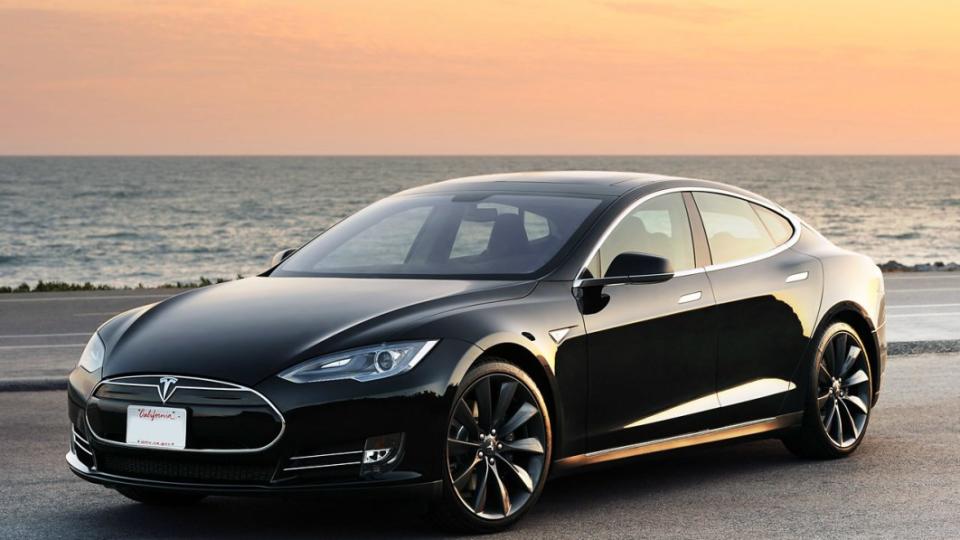These are the EVs that need battery replacements the most often

When EVs first became a big deal, range anxiety was a chief concern, but that has faded as automakers deliver longer and longer range estimates with each passing year. For many buyers, that fear has evolved into questions about longevity, as people worry that their battery-powered vehicles won’t last as long as a trusty gas engine. The team at Recurrent Auto recently conducted a study to answer those questions, and the results should be encouraging for anyone considering an EV purchase.
In its community of 15,000 electric vehicles, Recurrent found that only 1.5 percent have had their batteries replaced. It’s important to note that the number does not include recalls, such as the high-profile battery replacements Chevy initiated for the Bolt and Bolt EUV. Still, battery replacements are exceedingly rare for the majority of EVs.
Outside of those recalls (which also included the Hyundai Kona EV) the Nissan Leaf and Tesla Model S had the most significant percentage of battery replacements. The two cars are among the longest-running electric models and were designed early in the EV development process, so it’s unsurprising that older cars need battery replacements after years of service. The Jaguar I-Pace, Chevy Volt, Tesla Model X, Audi e-Tron, Tesla Model 3, and Tesla Model Y had the next highest percentages of battery replacements, though the numbers are quite low.

 Yahoo Autos
Yahoo Autos 
